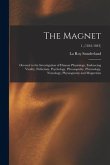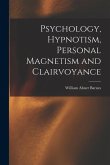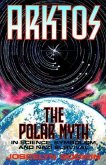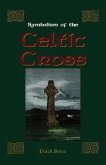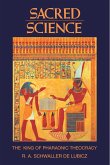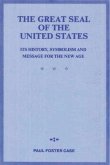Had enough of religious fundamentalism? Disillusioned with traditional religions? Can't understand where all the craziness comes from? Well, if you're seeking real answers to tough questions, then this is the book for you. Stirringly original, and supported by twelve pages of illustrations, "Psychology, Symbolism, and the Sacred" is a dynamic and entertaining read that offers some truly original insights on issues that concern us all. Based upon his own personal experiences in education, psychology, and religious ministry, Dr Stephen Manning tackles the world's ongoing `religious problem' (as he sees it) with courage, tenacity, and forthrightness. Opening the book with an exposé of historical religious dysfunctions Manning argues that religion's position in an increasingly global society needs to be urgently re-evaluated. Citing the dramatic evidence of archetypal themes and motifs in social history, theology and subliminal psychology, Manning shows how today's authoritarian institutions are the disturbing remnants of a Dark-Ages mentality that still pervade the world's most popular religions. Terrorism, so-called `holy wars' and pernicious ecclesiastic abuses for example, are each born of a general credulity; a sometimes-willing state of collective ignorance; and a disturbing tendency on the part of far too many religionists towards sectarian elitism. Such attitudes have no place in an increasingly integrated and better-educated world. In discussions exploring the differences between education and indoctrination, and between reality and superstition, Manning shows how no other social institution presumes the right to indoctrinate the young and credulous in ideologies that not only fly in the face of scientific facts, but all too often fuel the divisions and animosities that nurture some of society's most pernicious evils. Relying on the evidence of history, Manning explains how inhumane beliefs inevitably produce inhumane institutions. Promoting a theory of `universal humanism' he explains that before we can address any such 'religious problem' we first have to understand it in more than abstract terms. In uncomplicated language Manning then introduces the reader to what appears to be a truly astonishing discovery; that the fundamental principles that govern light and energy are - and always have been - present in all of our social institutions, both in actual, literal and symbolic forms which, if indeed true, is a discovery of monumental significance to philosophers, scientists, and religionists everywhere. The product of PhD research in the psychology of religion - this is a captivating piece of innovative and courageous writing that will undoubtedly challenge many, especially those who harbour any sense of pious elitism or other forms of partisan exclusiveness. The book culminates with a challenge to each of us to honestly review our own belief systems in light of the evidence presented, and urges a genuine `Golden Rule' attitude of radical reform within ourselves as individuals and especially within authoritarian religious institutions which, Manning argues, only continue to thrive at an immense cost to human society and to any True God.
Hinweis: Dieser Artikel kann nur an eine deutsche Lieferadresse ausgeliefert werden.
Hinweis: Dieser Artikel kann nur an eine deutsche Lieferadresse ausgeliefert werden.

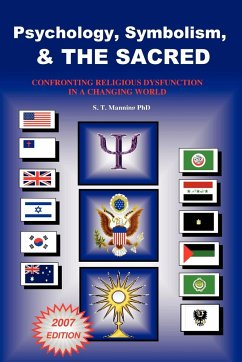
![The Symbolism of Dreams [electronic Resource] The Symbolism of Dreams [electronic Resource]](https://bilder.buecher.de/produkte/65/65501/65501420m.jpg)
